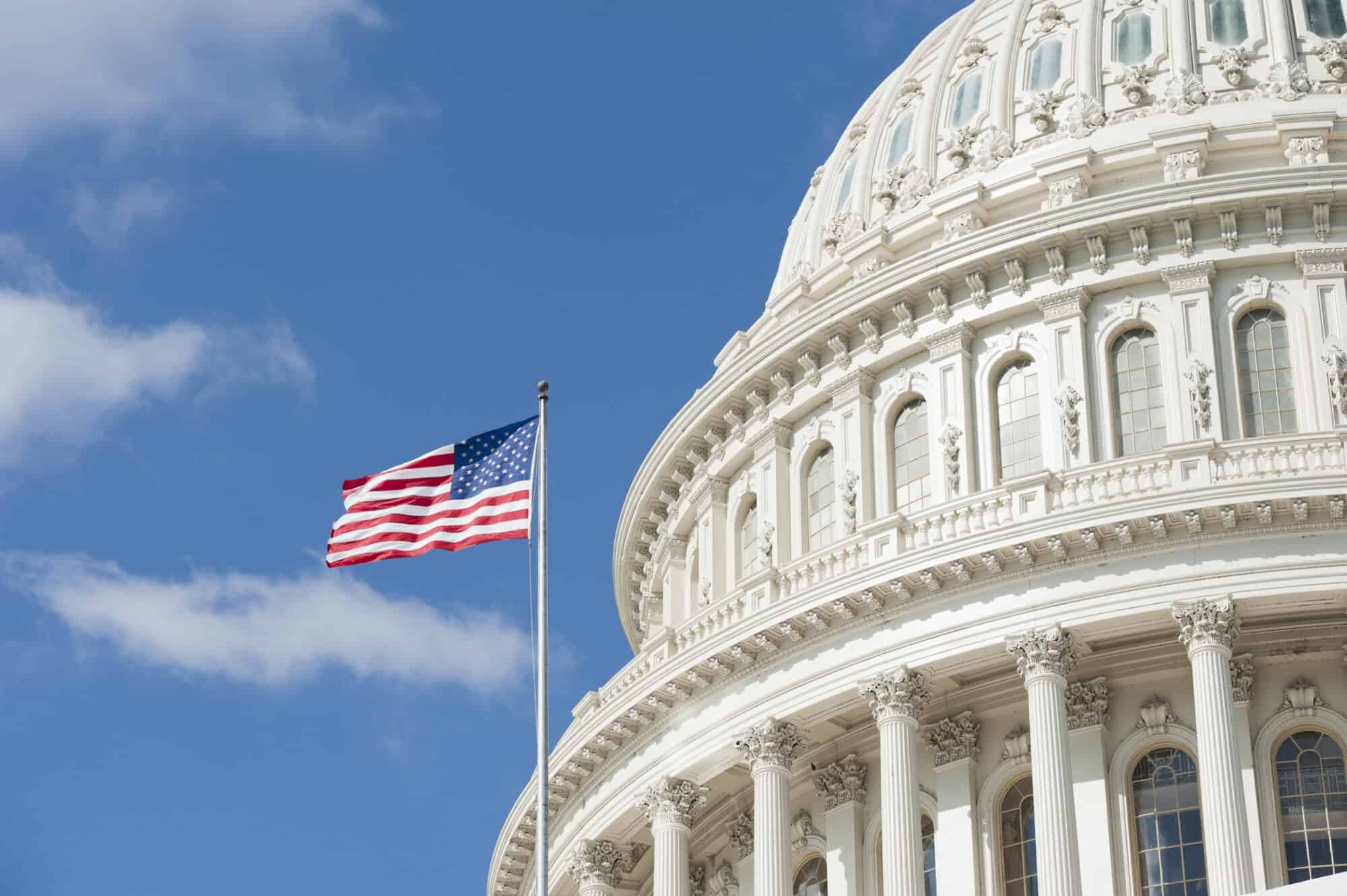The Manufacturing Institute Goes to Capitol Hill

Manufacturing Institute Executive Director Carolyn Lee testified virtually before the House Committee on Veterans’ Affairs’ Subcommittee on Economic Opportunity yesterday, detailing the MI’s work with transitioning service members during the pandemic. Here are some highlights from her testimony.
COVID-19’s impact: According to Lee, the COVID-19 pandemic made it much more difficult for transitioning service members to access key resources, including training programs, fellowships and internships.
Our work: The MI’s Heroes MAKE America initiative helped develop workarounds for these challenges, Lee testified.
- “At the onset of the pandemic, we collaborated with our education partners to pivot most of our program delivery to virtual platforms or socially distanced environments—within a matter of weeks,” she said. “COVID-19 also accelerated the deployment of fully remote learning for Heroes participants, proving that we can deliver some certifications online.”
- Lee also highlighted the launch of Heroes Connect, which allowed transitioning service members to network virtually with hiring managers from manufacturers across the country.
Heroes’ overall success: The Heroes program has been very successful since its creation only three years ago, Lee noted. “Since its inception in January 2018, Heroes MAKE America has had a placement rate of 92%. Participants have found jobs at more than 250 companies in 39 states.”
- She added, “Notably, 55% of our participants have no post-secondary education, indicating a strong need for support to position them for success in a career after their time in uniform.”
What policymakers can do: Lastly, Lee recommended policy changes that could make military transitions more accessible to service members and their families.
- First, “Congress should change eligibility requirements for Pell grants to allow students to pursue high-quality programs as short as eight weeks.”
- In addition, Lee recommended a separate allocation of funding under the Workforce Innovation and Opportunity Act for the military community. While those funds are currently given directly to states, which place limits on their use, service members may participate in training virtually or in a different location than where they transition. They need the flexibility to receive training or plan careers without worrying about state lines.
The last word: “Veterans are well positioned to succeed in a manufacturing career with skills, talents and training that are highly valued in the industry,” said Lee. “And with more than 700,000 manufacturing jobs open today—and 4 million to fill by 2030—they are in great demand. The Manufacturing Institute is committed to helping today’s American heroes become tomorrow’s manufacturing leaders.”
